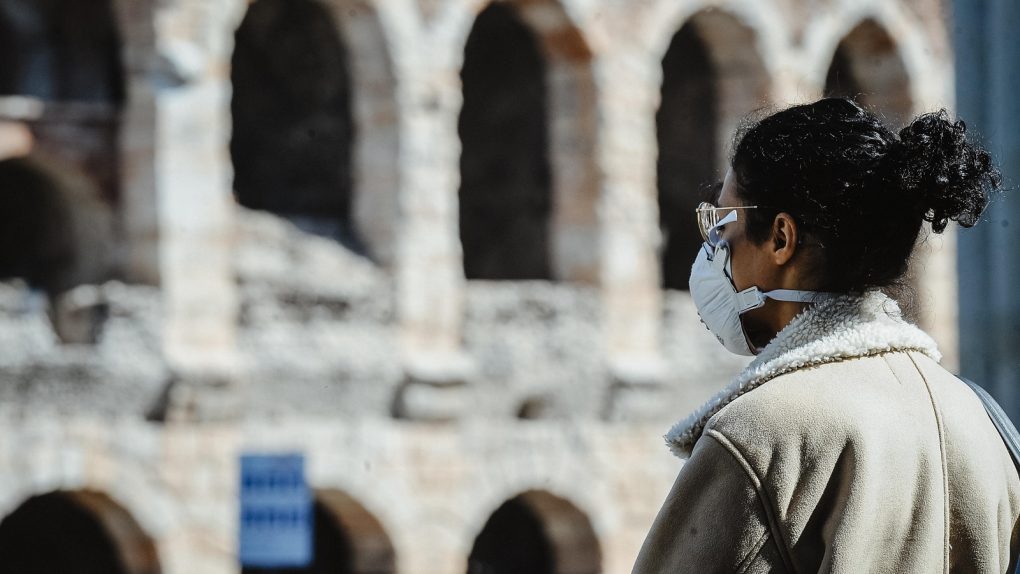- The World Health Organization listed 70 vaccine candidates for the novel coronavirus, a significant increase from the figure announced three weeks ago.
- The large number of candidates, as well as the various types of vaccines that researchers are proposing, increase the likelihood of success.
- Only 3 of the 70 candidates have reached clinical trials at this time — two in the US and one in China and Hong Kong.
- Visit BGR’s homepage for more stories.
Many things went wrong when it came to the initial response to the novel coronavirus in several countries. The rest of the world had a head start of a couple of months on China, but failed to adequately prepare for an epidemic. Social distancing measures were instituted too late in some regions, and many governments found themselves scrambling for essential protective equipment, COVID-19 tests, and life-saving ventilators. At the time of this writing, the world had over 1.84 million confirmed cases and nearly 118,000 fatalities as a result.
But the past few months have also brought plenty of good news. COVID-19 research accelerated at an unprecedented rate. Doctors and scientists have sequenced the genome of the virus and tracked its mutations, they studied the way it attacks the human body, and they found ways to fight off infection and help the immune system battle the illness. Researchers are already trialing several drugs that can speed up the recovery of patients as well, and they’re devising several vaccines that can help eradicate the disease in the coming years.
It was just three weeks ago that the World Health Organization (WHO) announced that 20 vaccines for the novel coronavirus were in development. That number has grown to 70 in a matter of days, and three of them are already in human trials. We’ve known about two of these vaccines for months: Moderna’s mRNA test and a vaccine candidate being worked on in Hong Kong and China.
Last week, Inovio Pharmaceuticals launched a DNA-based vaccine. That’s one of the seven vaccine candidates Bill Gates is funding through his foundation right now. The Microsoft co-founder said that his foundation will help build factories for these vaccines even though not all the drugs will be used. Two or fewer of the vaccines may actually be approved, but Gates said it’s worth risking a few billions of dollars to time and money later.
The vaccines that pass through testing and regulatory hurdles will be deployed anywhere from a year to 18 months from now. At best, a vaccine-like Moderna might be approved for emergency use this fall. But it’s the people fighting COVID-19 in the front lines that would be the first to get their hands on it.
WHO’s table lists all 70 COVID-19 candidates, complete with details about the phase they’re in, the type of vaccine, the developer, and the platform used. Many of them will hit clinical trials soon. Pfizer alone recently said it plans to work on as many as four candidates of its own, although just one of them is listed in the table — it’s an mRNA vaccine like Moderna’s. Pfizer also said that it’s willing to make production lines available to other candidates in case they’re chosen by regulators and they need additional manufacturing power.
The fact that so many laboratories have rushed to make a COVID-19 vaccine so quickly is excellent news and can help to make up for the slow start. It’s also incredibly satisfying to see that researchers are targeting different weak spots of the novel coronavirus. The message seems to be that a coronavirus vaccine is possible; we just have to wait for it.
Hopefully, the virus won’t manifest too many mutations,. Comparatively, the flu mutates more aggressively, that’s why a new vaccine is out every year. The new virus seems to be a lot more stable, according to recent research. Once a large number of the population has acquired immunity via a vaccine or by surviving the disease, the spread of the virus will be slowed down significantly, and it could ultimately disappear.








